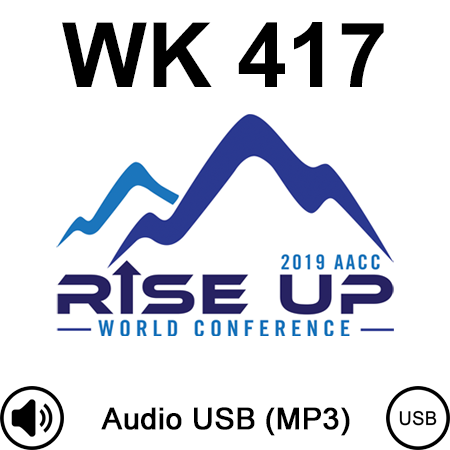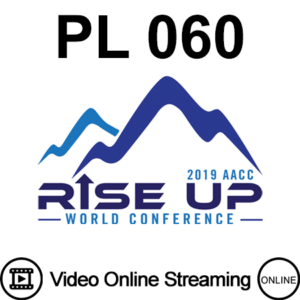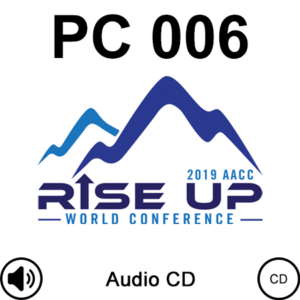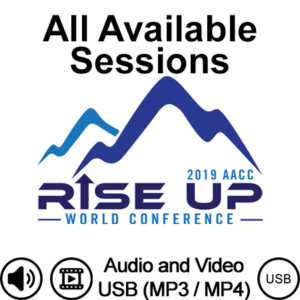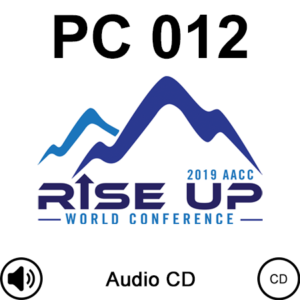Description
There is a continuous and consistent change in the demographic landscape in America.
Consequently, there is a growing number of clients who need counselors who offer bilingual
services. There is an increasing need to train counselors to provide services to clients whose
dominant language is not English. In face of this challenge, counselors have reported concerns
about their second-language vocabulary and their ability to express counseling and
psychological terms in session. There is a need for counselors to receive formal training
regarding providing counseling and psychotherapy in a second language. Research supports
that in order to provide effective counseling services, the counselor does not have to fully
dominate the client?۪s dominant language. When counselors pay attention and monitor non-
verbal communication and affective tone of clients, it helps them release the intensity of their
emotions. This process allows their limbic system to process their feelings in their dominant
language and return back to their non-dominant language (English) to express and process
additional feelings and experiences. The counselor is able to reflect the emotions sensed and
observed, which allows the facilitation and processing of affectively charged issues. Thus,
bilingual counseling does not require full knowledge and dominance of multiple-languages. This
presentation will define bilingual counseling and spotlight the statistics of the changing
demographics. Presenters will highlight best practices on bilingual counseling based on
professional case study experiences and current literature. Further, implications for counselors,
the Church, supervision, and educators who have bilingual clients will be discussed. A Christian
perspective on bilingual counseling will be discussed to increase efficacy in the practice of
bilingual counseling.
Presented by: Zoricelis Davila, Ph.D. & Maureen Quiles-Ponce, Ph.D. & Joy Mwendwa, Ph.D.
Learning Objectives
Participants will:
- Explore best practices for bilingual counseling and discuss implications for counselors, churches, supervisors, and educators regarding bilingual clients
- Apply principles learned from literature and practice to training counselors and lay counselors
- Discuss a Christian perspective for the practice of bilingual counseling

